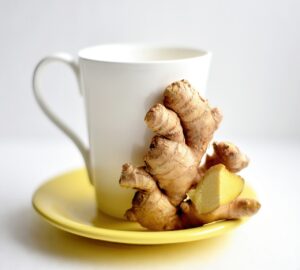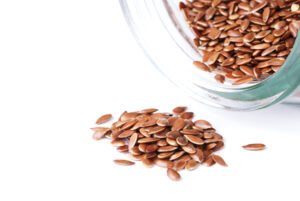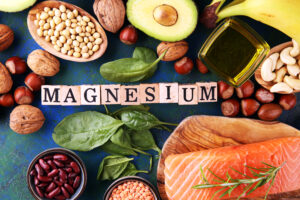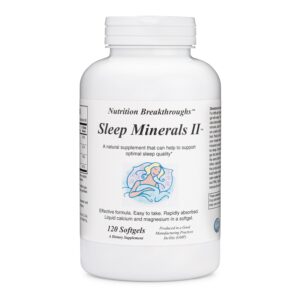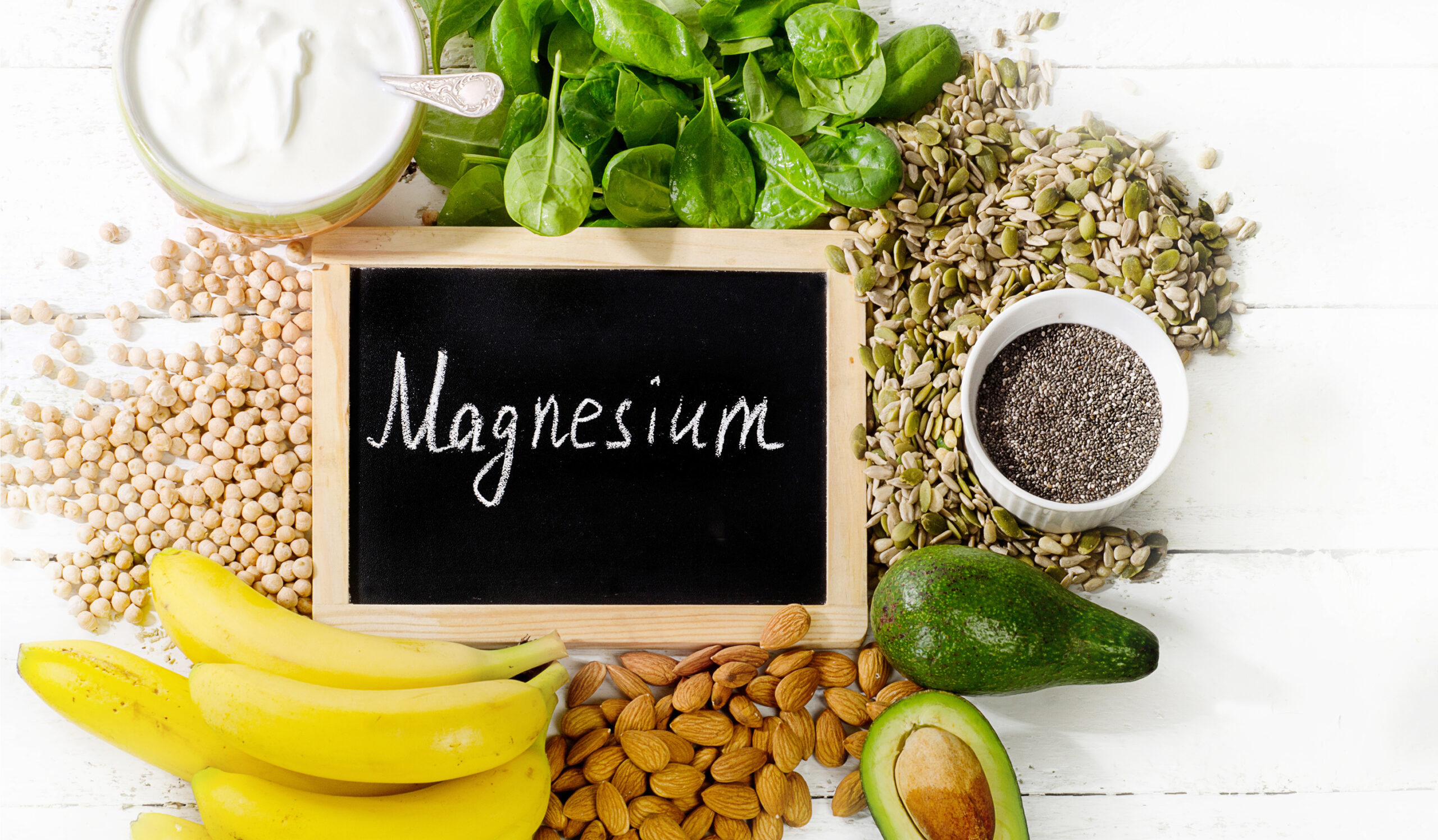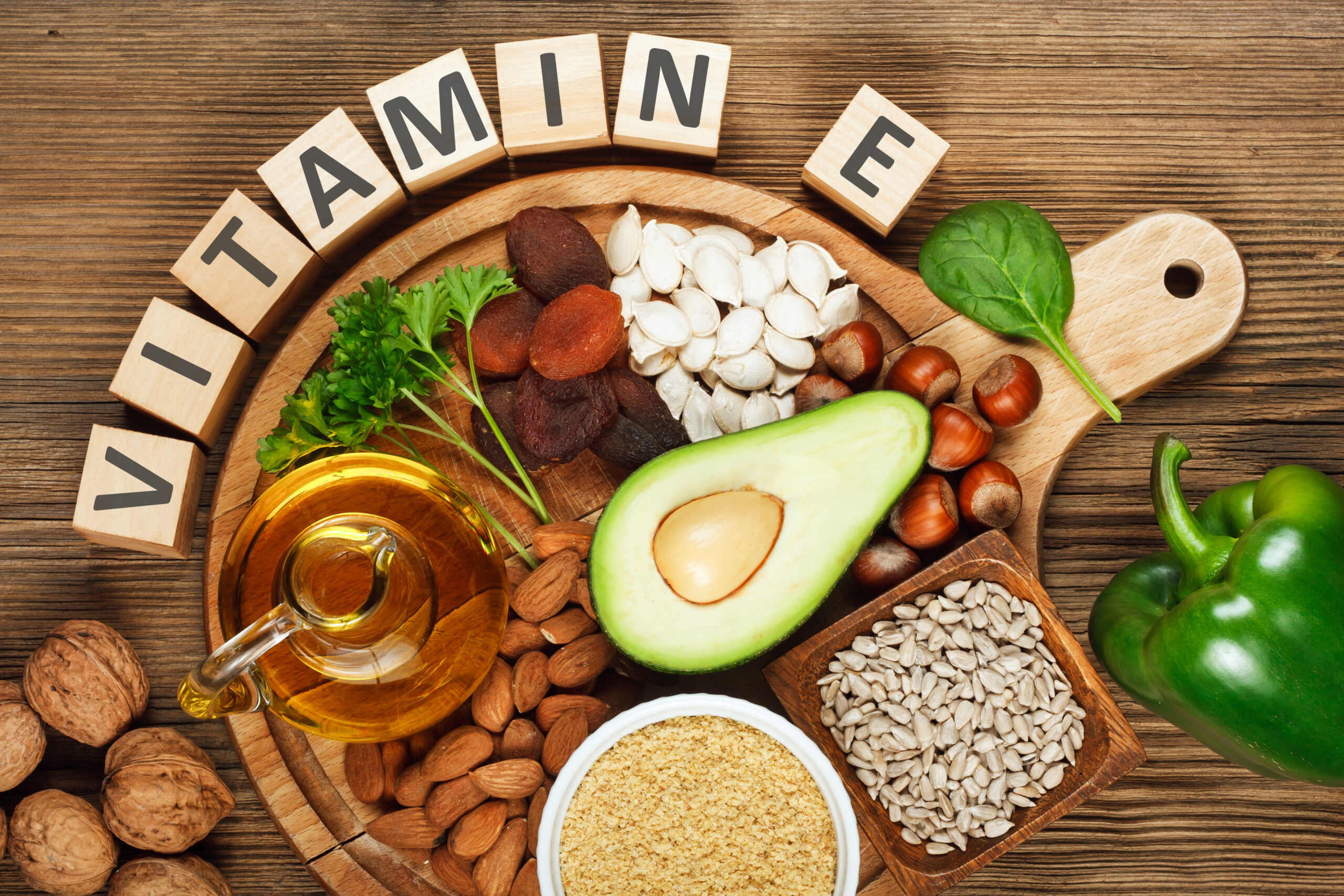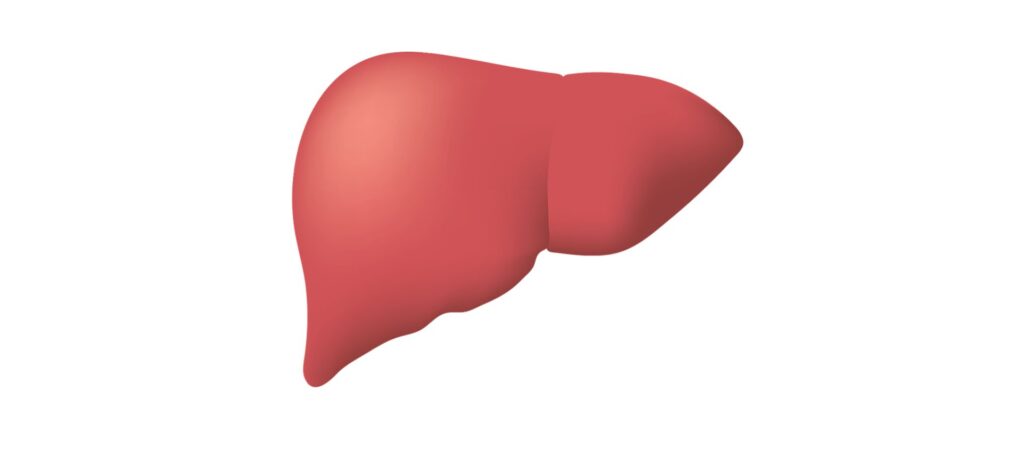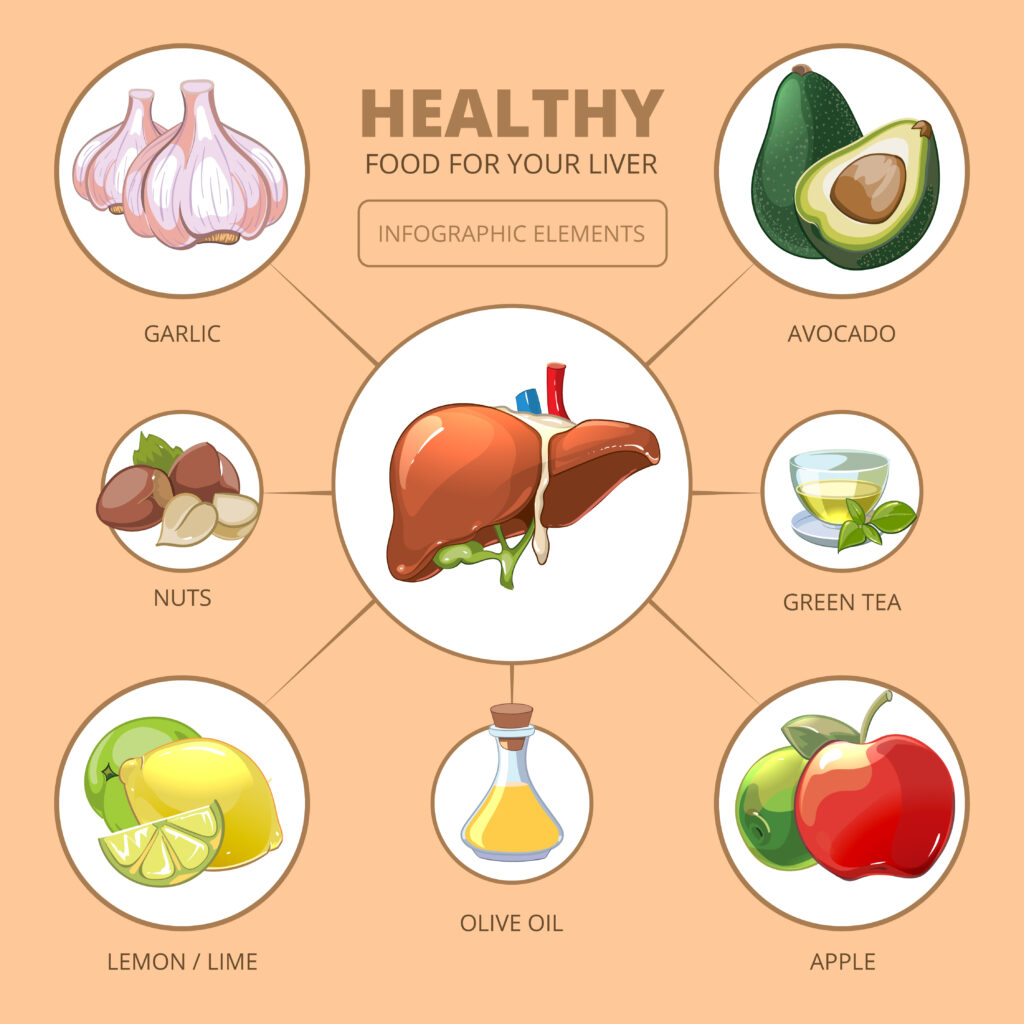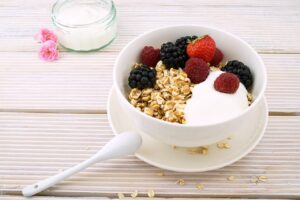 The Top 8 Nutrition Facts and Myths
The Top 8 Nutrition Facts and Myths
In the world of nutrition, myths and news headlines can often overshadow the truths, which can leave us wondering about what to put on our plates.
The larger truth is that we are all unique individuals who may have different nutritional needs. There are many different diets such as Mediterranean, Paleo, Keto, Low-Carb, Vegetarian, Gluten-Free, etc.
Often, when it comes down to every-day reality, there’s no “one diet fits all” approach and eating a variety of healthy foods is what matters. The best advice is to enjoy whole, unprocessed single foods like vegetables, fruits, meat, fish, poultry, eggs, nuts, seeds, yams, potatoes, squash, and healthy oils like olive and coconut oil. Especially healthy are leafy greens, salmon and sardines.
And most important, laying aside what any particular diet recommends, if a certain food disagrees or agrees with you, you’re the boss!
With that in mind, here are some of the most common nutrition facts and myths, backed by research studies.
1. The Egg Controversy – One of the Healthiest Foods on Earth
Eggs have been criticized earlier for their cholesterol content. However, research published in Medical News Today, which cites many journal studies, has shown that dietary cholesterol from eggs doesn’t significantly affect blood cholesterol levels. In fact, eggs are one of the healthiest foods around. They nourish and support various parts of the body, including the brain, thanks to the B-vitamin choline, the eyes with the plant chemicals lutein and zeaxanthin, and the muscles with high-quality protein.
2. Omega-3 Fats – Essential for Well-being
Omega-3 fatty acids are crucial for heart and brain health. A variety of sources, such as fatty fish (salmon, mackerel, sardines), flaxseeds, chia seeds, and walnuts, provide these essential fats. The benefits of omega-3s are extensive, including reducing inflammation, supporting heart health, and improving cognitive function. Including these foods in your diet, such as eating fish a few times a week, can help you meet your omega-3 needs.
3. Bone Broth – A Liquid Goldmine for Health
Bone broth is often spoken of as a health revolution, and with good reason. This liquid gold is rich in collagen, as described in Nutrition Insight. Collagen can greatly benefit the joints, skin, and gut health. Additionally, bone broth provides essential minerals like calcium, magnesium, and phosphorus, making it a nourishing food for overall well-being.
4. Butter – A Healthy Pleasure
Butter, once called a dietary villain, has been freed from these comments by recent studies in nutrition journals. Moderate consumption of butter, especially from grass-fed sources, may not be as harmful as previously thought. It provides essential fatty acids and fat-soluble vitamins, making it a flavorful addition to your diet.
A study from the Journal “Animals” says: “Butter is the oldest animal fat known to man and occupies an important place among the fat products on the market. Butter is a product with high nutritional value and health-promoting properties, as well as great flavor and aroma values.”
5. Fruits and Vegetables – Nature’s Medicine Cabinet
Fruits and vegetables are nutritional powerhouses. A study published in the European Journal of Nutrition supports their role in preventing diseases like heart disease, cancer, and diabetes. The nutrition facts show that they are rich in vitamins, minerals, fiber, and antioxidants, making them essential for overall health.
Aim to eat vegetables and fruits that cover all the colors of the rainbow and have a good variety of them. It’s the color pigments in these foods that provide their health benefits, so the brighter the better.
6. Protein and Bone Health – Building A Strong Foundation
The myth that protein destroys our bones and leads to osteoporosis is not one of the proven nutrition facts. Research in the American Journal of Clinical Nutrition suggests that protein is essential for maintaining bone health. Adequate protein intake, along with sufficient calcium and vitamin D, can actually reduce the risk of osteoporosis.
So, embrace meats and plant-based protein sources for strong bones. And include fruits and vegetables in your diet to combine the protein with these balancing foods.
7. Sunshine and Vitamin D – A Natural Solution
Satisfying a vitamin D deficiency is as simple as taking a walk in the sun. Research published in the Journal of Investigative Medicine highlights the role of sunlight in the synthesis of vitamin D in our skin. Just 15 to 20 minutes of sunlight exposure a few times a week can help you meet your vitamin D needs naturally. If sunlight exposure is limited, supplements might be needed. Vitamin D is a factor in bone strength, sleep and insomnia, immune function, and preventing diabetes.
8. Calcium and Magnesium – A Dynamic Duo for Strong Teeth and Bones
Both calcium and magnesium are essential for dental and bone health. Research suggests that maintaining the right balance between these minerals is vital. A recommended ratio is around 2:1 calcium to magnesium (twice as much calcium as magnesium). This duo supports bone density and is proven to provide better sleep. Vitamin D also plays a role in both bone strength and remedying insomnis.
In closing, the best nutritional advice is to enjoy whole, unprocessed single foods and if a certain food disagrees or agrees with you, follow your intuition!
This health news is shared by Nutrition Breakthroughs, maker of the original calcium and magnesium based sleep aid Sleep Minerals II, and Joints and More, a natural supplement for joint relief, less aches and pains, and more energy.


